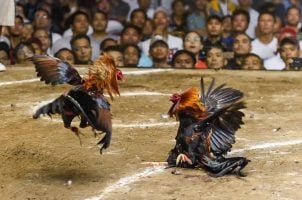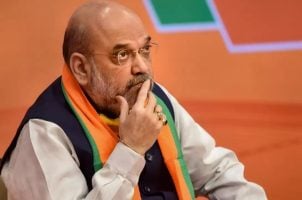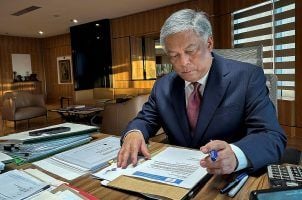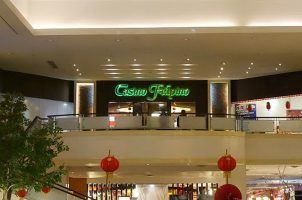Philippines Forced to Walk Back Claim China Blacklisted the Country Over POGOs
Posted on: October 13, 2022, 08:45h.
Last updated on: October 13, 2022, 10:24h.
It now seems that China hasn’t blacklisted the Philippines, as previously reported by a Philippine Senator. The country isn’t happy with Philippine Offshore Gaming Operators (POGOs), but hasn’t yet dropped the ax.
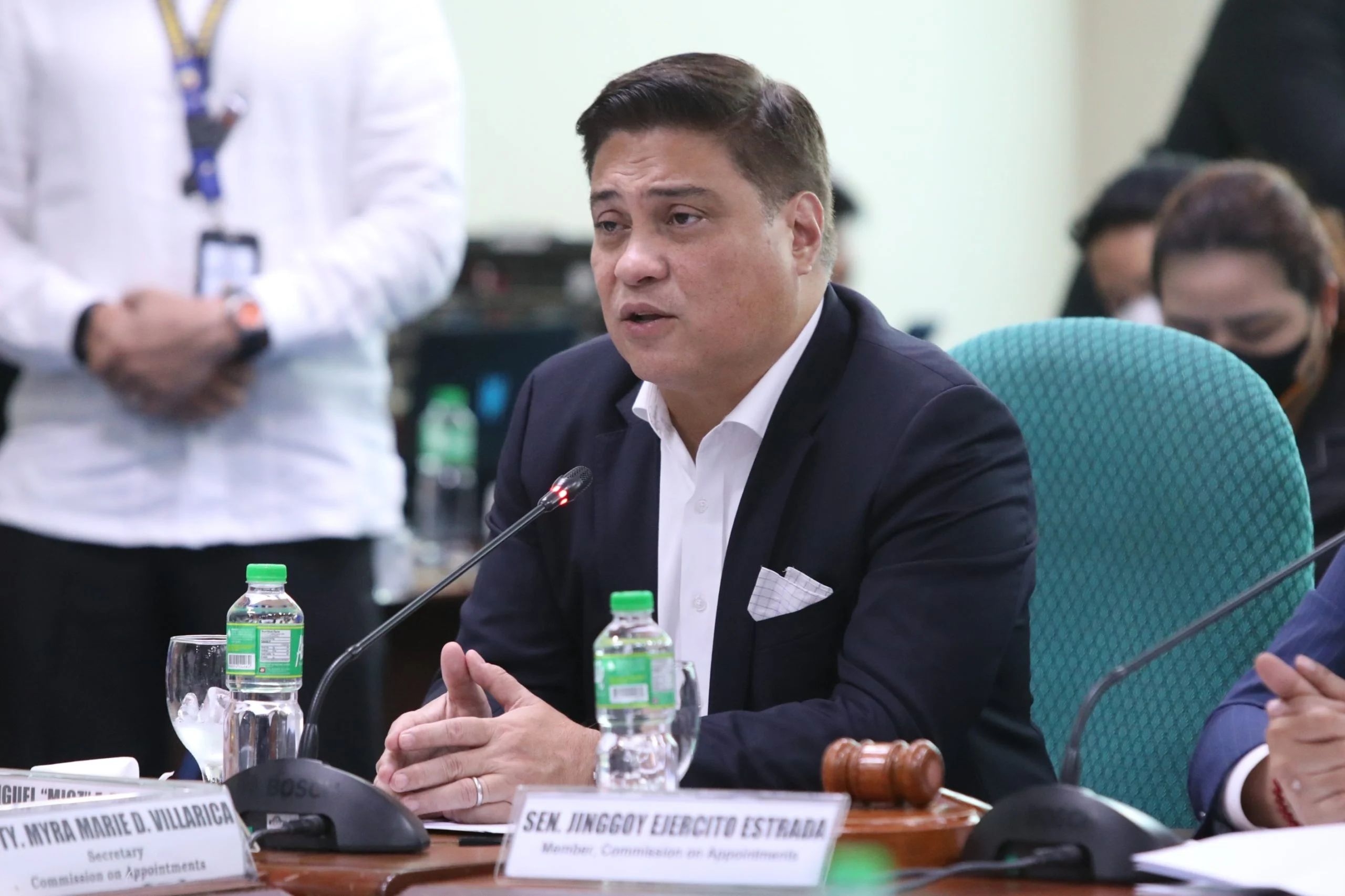
Only a couple of days ago, per comments from Senate President Juan Miguel Zubiri, China was reportedly restricting its citizens from traveling to the Philippines for tourism. China doesn’t like that POGOs are targeting Chinese citizens for gambling and are illegally employing Chinese nationals.
The conflict appears as though it was just a misunderstanding, however. The Chinese embassy in the Philippines issued a statement Wednesday denying the senator’s assertions.
POGOs Still Unwelcome
The Chinese embassy confirmed that Zubiri met with Chinese officials, including Ambassador to the Philippines Huang Xilian, to discuss the country’s approach to gambling. The goal was to reiterate China’s anti-gambling stance and request a more proactive approach from the Philippines in supporting its beliefs.
The embassy added that tourism is an “important component” of the relationship between China and the Philippines. China is particularly interested in keeping the peace between the two countries, as it wants approval to explore for oil in the West Philippine Sea (WPS). Despite China’s claims to own the entire body of water, the Philippines has categorically rejected the claim.
In his remarks, the ambassador stopped short of implementing any official or diplomatic stance against the Philippines. As a result of the update, it’s unclear why Zibiri stated that China was going to block tourism to the country.
We stand by our statement. We have a transcript of what has transpired [during our meeting]. We’re not dreaming. What I said was the truth. We have many witnesses who heard our conversation,” said Senator Miguel Zubiri.
According to Zubiri, the fault lies with someone in the Chinese embassy. He issued his own follow-up to the embassy’s response, expressing his regret over its assertion that he was disseminating misinformation.
The senator says the ambassador specifically used the word “blacklist” during their meeting on Monday. He added that the problem was the ambassador’s fault and that he said that the Philippines is now on a “blacklist of tourist sites” because of the presence of POGOs.
War of Words
Also attending the Monday meeting were Philippine Senators Sherwin Gatchalian and Robinhood Padilla. Initially, according to Zubiri, Gatchalian was just as surprised by the ambassador’s remarks as he was. That statement has now become another source of debate.
Soon after Zubiri made his initial remarks about that blacklist, Gatchalian said that it wasn’t yet in place. He added that there is only a “possibility” that it could happen.
As the two sides try to figure out who said what to whom, other lawmakers will continue to try and figure out what to do about POGOs. The regulated market is now only a small sliver of what it was a year ago, with just a handful of licensed companies in operation.
The money they deliver to the Philippines is important for the economy, even if Zubiri downplays the amount. If they’re going to cause a major rift between the two countries, however, those that remain now may not survive for long.
Related News Articles
Philippines Loss of e-Sabong Costs the Country More Than $87M
India Uncovers Hundreds Illegal Chinese Gambling Apps
Philippines e-Sabong Scandal Leads to Charges Against PAGCOR Heads
PAGCOR Confirms It Will Cease Casino Ops by the End of 2025
Most Popular
LOST VEGAS: ‘Tony The Ant’ Spilotro’s Circus Circus Gift Shop
Las Vegas Overstated F1 Race’s Vegas Impact — Report
Mega Millions Reportedly Mulling Substantial Ticket Price Increase
Las Vegas Strip Stabbing Near The Strat Leaves One Man Dead
Most Commented
-
End of the Line for Las Vegas Monorail
— April 5, 2024 — 90 Comments -
Mega Millions Reportedly Mulling Substantial Ticket Price Increase
— April 16, 2024 — 8 Comments -
Long Island Casino Opponents Love New York Licensing Delays
— March 27, 2024 — 5 Comments
